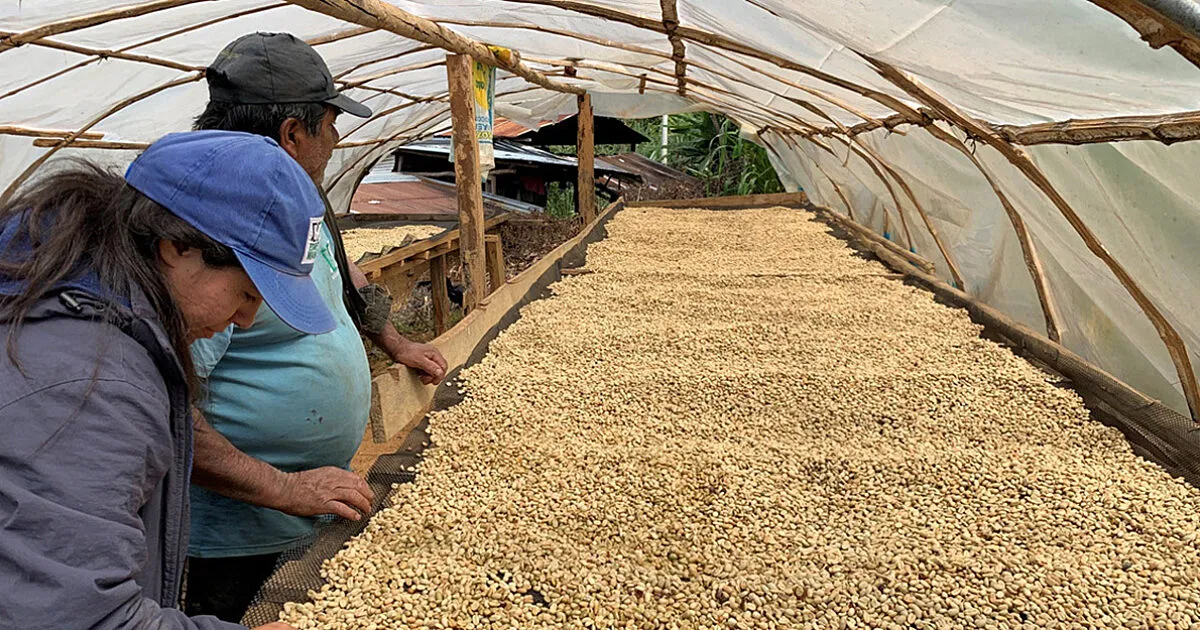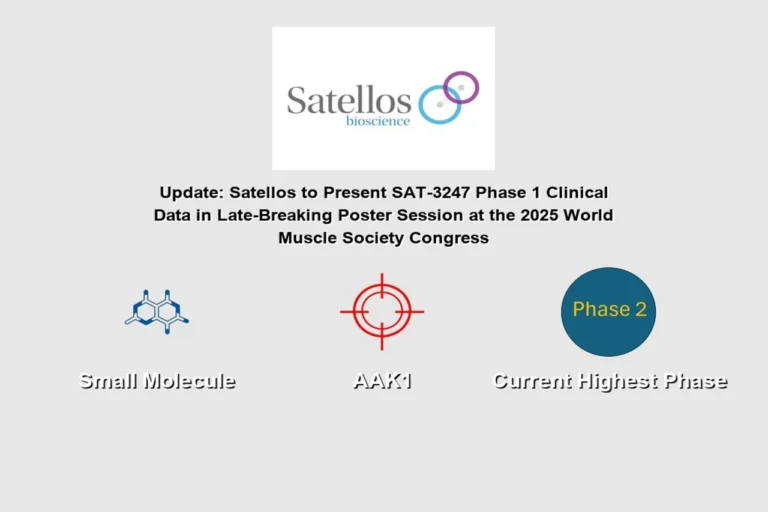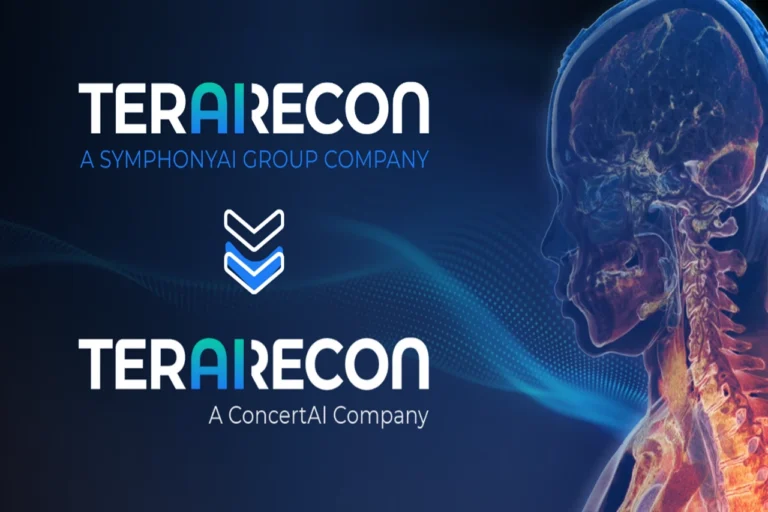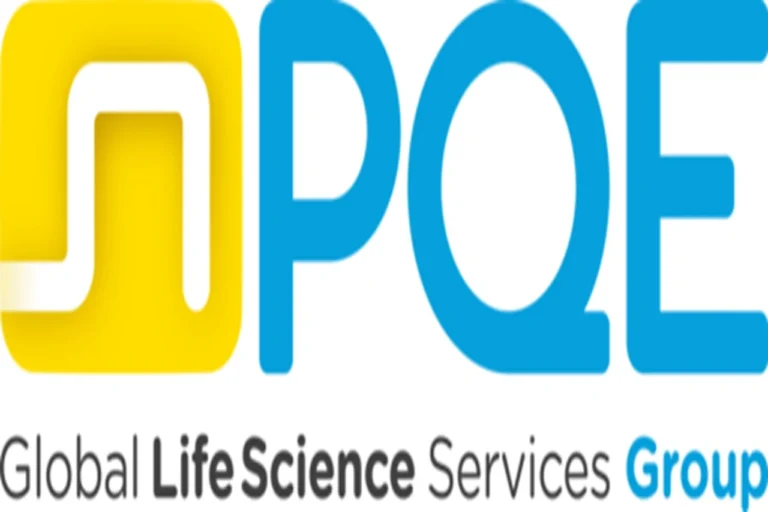
Covestro, a global leader in high-performance polymer materials, has taken a significant step toward promoting sustainability in agriculture by developing specialized solar dryers designed to support Ethiopian coffee farmers during the harvest season. This initiative is being carried out in collaboration with the Deutsche Gesellschaft für Internationale Zusammenarbeit (GIZ) GmbH, with the goal of empowering farmers in disadvantaged regions through accessible and efficient technology solutions.
The Importance of Coffee in Ethiopia
Ethiopia is widely regarded as the birthplace and remains one of the world’s most prominent coffee-producing countries. Coffee is a major economic driver, providing livelihoods to millions of smallholder farmers and contributing significantly to the nation’s export revenue. However, despite its importance, production in Ethiopia faces numerous challenges, many of which are exacerbated by climate change. Rising temperatures, unpredictable rainfall patterns, and an increased prevalence of plant diseases have all contributed to declining yields and compromised quality, placing the future of the industry at risk.
Addressing Climate Challenges with Solar Drying Technology
To mitigate these challenges and improve coffee production efficiency, Covestro and GIZ have introduced an innovative solar drying technology. Traditional coffee drying methods in Ethiopia often involve spreading coffee cherries on the ground or on open-air racks, exposing them to inconsistent weather conditions, pests, and contaminants. These methods can lead to extended drying times, lower-quality beans, and increased post-harvest losses.
In contrast, the newly developed solar dryers function as advanced greenhouse-like structures that offer superior control over temperature and humidity. Unlike conventional greenhouses that use glass panels, these dryers are constructed with lightweight, durable, and transparent polycarbonate multiwall sheets, which provide excellent insulation and UV protection. This cutting-edge material allows for faster and more hygienic drying while shielding the coffee beans from environmental hazards such as rain, mold, and insect infestations.
A Collaborative Approach to Sustainability
The introduction of solar dryers is part of a broader effort supported by GIZ through Germany’s develoPPP program. This initiative promotes partnerships between the private sector and development organizations to foster sustainable economic and social improvements in emerging markets. By integrating Covestro’s material technology expertise with GIZ’s development strategies, the project seeks to deliver long-term benefits to Ethiopian coffee farmers.
“The solar-powered greenhouse dryers have significantly reduced drying times for both washed and naturally processed,” explains Dr. Helene Widmer, Project Manager at GIZ. “This enables farmers to process their more efficiently and bring it to market faster. Additionally, the controlled drying environment minimizes contamination risks, leading to higher-quality beans and reduced waste. Local cooperatives have embraced this technology as a game-changer for their coffee production.”
Enhancing Efficiency, Quality, and Economic Stability
One of the most notable advantages of these solar dryers is their ability to shorten drying times. Traditionally, coffee drying can take several weeks, depending on weather conditions, increasing the risk of spoilage. The solar dryers streamline this process by maintaining optimal drying conditions, ensuring a more uniform and accelerated drying phase. This efficiency enables farmers to process multiple batches within the same season, thereby increasing their overall output and profitability.
Beyond efficiency gains, the improved drying process enhances the quality and shelf life of the coffee. The sealed environment prevents exposure to dirt, bacteria, and harmful fungi, all of which can compromise the taste and aroma of the final product. By preserving the beans’ integrity, farmers can command higher prices in both local and international markets, strengthening their economic stability.
Local Adoption and Expanding the Initiative
The implementation of solar dryers in Ethiopia has already yielded promising results. Six units have been installed in key coffee-growing regions, and interest in the technology is steadily growing. One of Ethiopia’s largest coffee roasters has recognized the value of these solar dryers and has invested in four additional units for its own operations, with installations currently underway. This adoption by commercial coffee processors underscores the scalability and economic viability of the technology.
According to Pejman Norastehfar, Head of Inclusive Business EMEA at Covestro, “The successful implementation of solar dryers demonstrates the positive impact that innovative and sustainable technologies can have on the coffee industry. We are proud to collaborate with GIZ and local cooperatives to provide a solution that not only increases efficiency but also enhances the quality and shelf life of coffee. With our solutions, we can help address the challenges of climate change at the grassroots level.”
Future Prospects and Long-Term Impact
Given the project’s success, Covestro and GIZ are exploring opportunities to expand the initiative further, with plans to introduce additional solar dryers in other coffee-producing communities. By fostering the adoption of this technology on a larger scale, the project aims to create a ripple effect, encouraging more farmers to transition to modern, sustainable practices.
Additionally, the initiative aligns with global sustainability goals by promoting climate-resilient agriculture, reducing post-harvest losses, and improving smallholder farmers’ livelihoods. As demand for high-quality, sustainably sourced coffee continues to rise, Ethiopian farmers equipped with solar drying technology will be better positioned to meet international standards and gain competitive advantages in the marketplace.
The collaboration between Covestro and GIZ highlights the power of innovative technology in addressing agricultural challenges. Through the deployment of solar dryers, Ethiopian coffee farmers are gaining access to a cost-effective, environmentally friendly solution that enhances efficiency, improves quality, and increases economic resilience. With continued support and expansion, this initiative has the potential to revolutionize coffee production in Ethiopia, ensuring that the industry remains sustainable and prosperous for generations to come.







